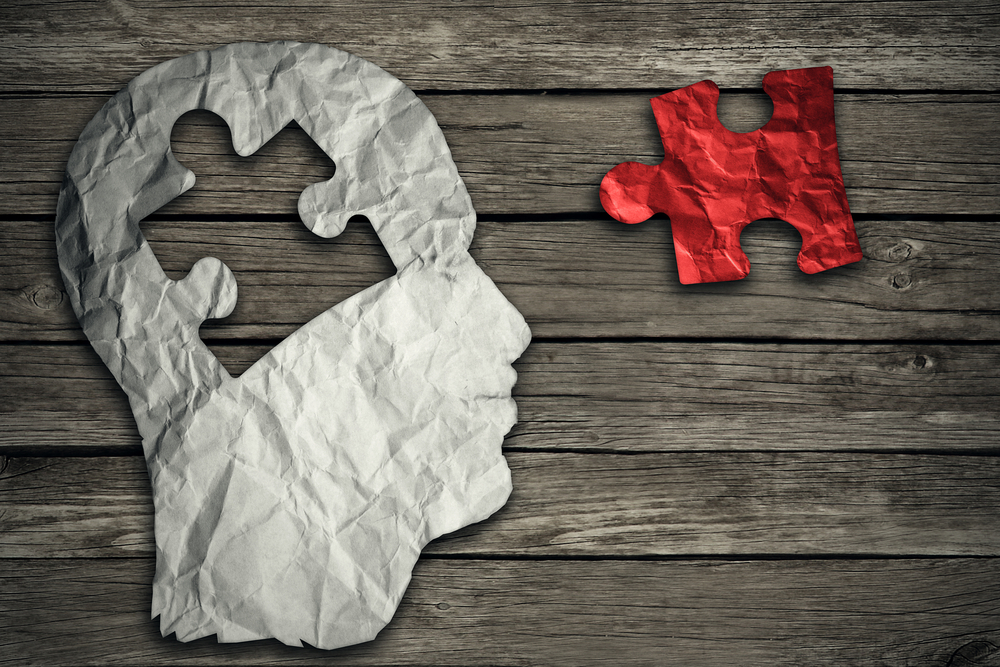If you’re new to this site, you can be forgiven for thinking that the headline above is the lead in to a snarky joke at the expense of anti-gunners, but that’s not the case. In fact, this isn’t a joke at all. Research really has shown a correlation between self-reported mental illness and tendencies toward leaning left (and especially far left) politically. Of course, that political leaning is anti-gun.
Now, someone is going to say respond to this article, “You’ve said that correlation does not imply causation,” and they’re right. Correlation (a relationship between statistics) does not imply that one caused the other. I’m not saying that mental illness causes leftist political leanings (or, at least, I’m not aware of any research that indicates that), but it appears clear that either one causes the other or that they share a similar cause so that both of them tend to show up consistently in the same people.
A research paper posted on ResearchGate.com by Emil O. W. Kirkegaard of the Ulster Institute for Social Research discusses this correlation (hat tip to here for the lead). The abstract for the research paper reads:
It has been claimed that left-wingers or liberals (US sense) tend to more often suffer from mental illness than right-wingers or conservatives. This potential link was investigated using the General Social Survey cumulative cross-sectional dataset (1972-2018). A search of the available variables resulted in 5 items measuring one’s own mental illness (e.g., ”Do you have any emotional or mental disability?”). All of these items were weakly associated with left-wing political ideology as measured by self-report, with especially high rates seen for the “extremely liberal” group. These results mostly held up in regressions that adjusted for age, sex, and race. For the variable with the most data (n = 11,338), the difference in the mental illness measure between “extremely liberal” and “extremely conservative” was 0.39 d. Temporal analysis showed that the relationship between mental illness, happiness, and political ideology has existed in the GSS data since the 1970s and still existed in the 2010s. Within-study meta-analysis of all the results found that extreme liberals had a 150% increased rate of mental illness compared to moderates. The finding of increased mental illness among left-wingers is congruent with numerous findings based on related constructs, such as positive relationships between conservatism, religiousness and health in general.
Now, I have no doubt that someone will say that Kirkegaard is a biased researcher, especially when they read the last sentence of the abstract. Frankly, I don’t know, as this is the first that I’ve heard of him.
Having said that, though, I will say that my experience in dealing with anti-gunners is that they make assumptions about the world based on delusions and not reality and that they are irrational (i.e. illogical) when coming to conclusions based on their assumptions about the world. So, my personal experience tends to indicate that Kirkegaard is probably right: anti-gunners and leftists in general suffer from mental illness, the more leftist, the more ill.

